Open Access Week 2019

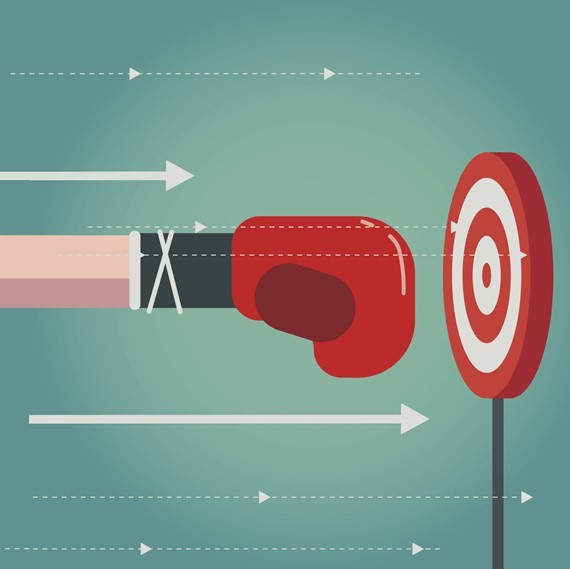
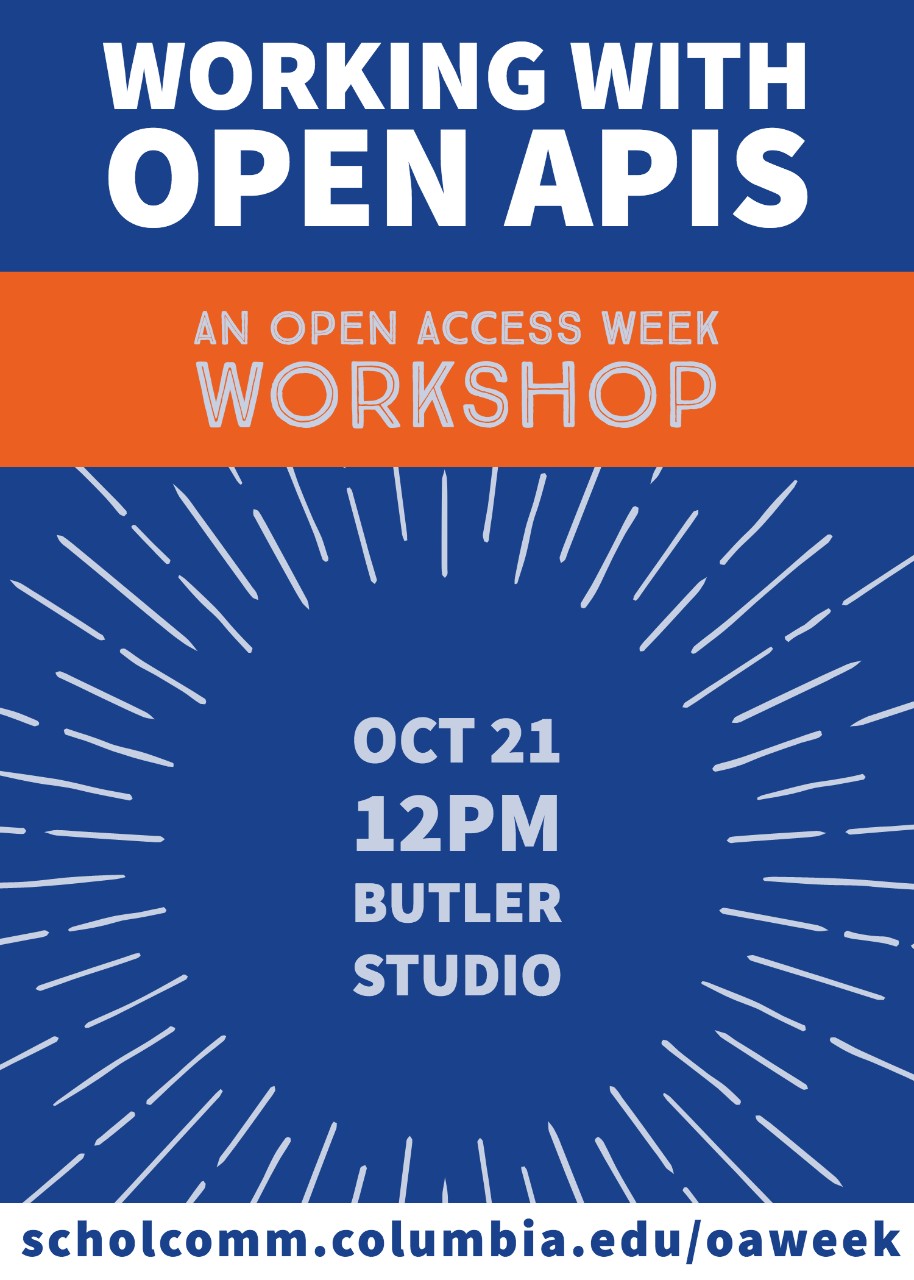
An API, or Application Programming Interface, is a way for one program to communicate with another. In this workshop, we will use the Python programming language to explore an API, reasoning about what data is available and extracting it for use in projects or to answer research questions.
Participants should bring a laptop with a version of Python 3 installed, preferably Anaconda. Anaconda can be downloaded here:
https://www.anaconda.com/distribution/
While some familiarity with Python may be a help, knowledge of the language isn’t necessary for this workshop.
Register at https://events.columbia.edu/go/openAPIs
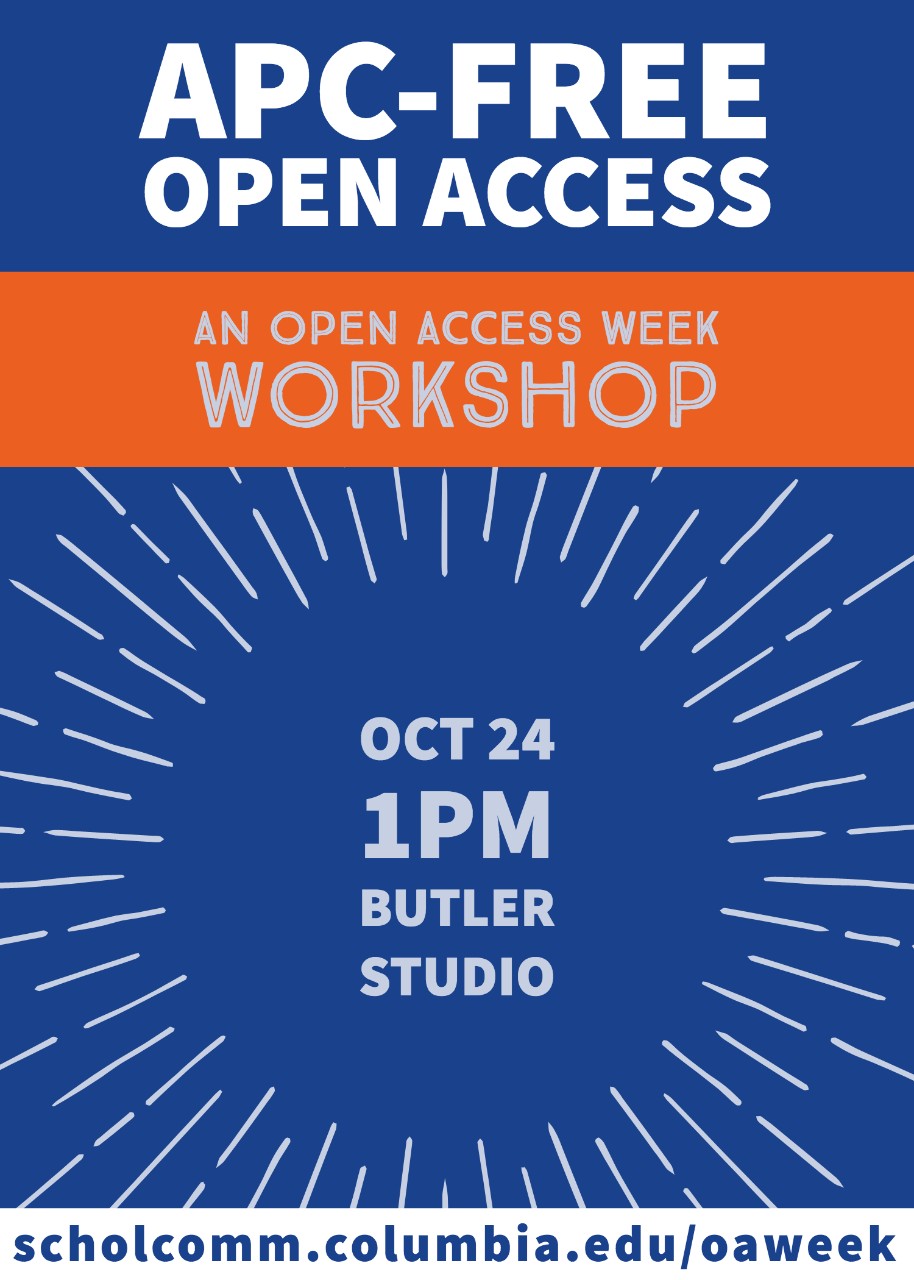
Sharing your research with the world doesn’t have to cost thousands of dollars! In this workshop, you’ll learn about free options to help you get the word out about your scholarship—whatever form it takes! We’ll dive deep into disciplinary repositories, pre-print servers, and our institutional repository as we explore ways to grow your readership and increase the impact of your work.
Register at https://events.columbia.edu/go/APCfreeOA
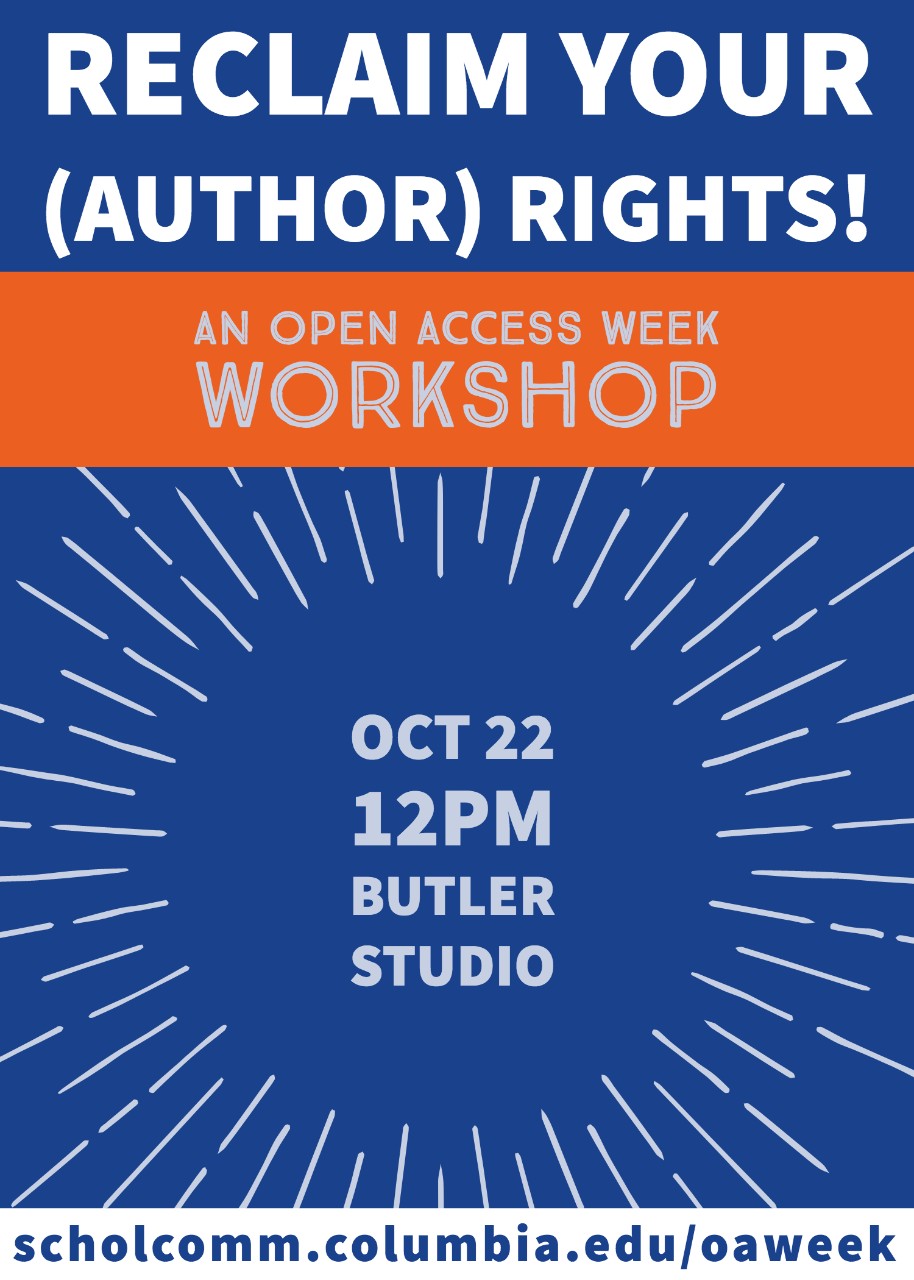
Find out how to manage copyright to maximize your control of your own work—before you sign that publishing agreement, and even long after you’ve signed!
Register at https://events.columbia.edu/go/AuthorRights
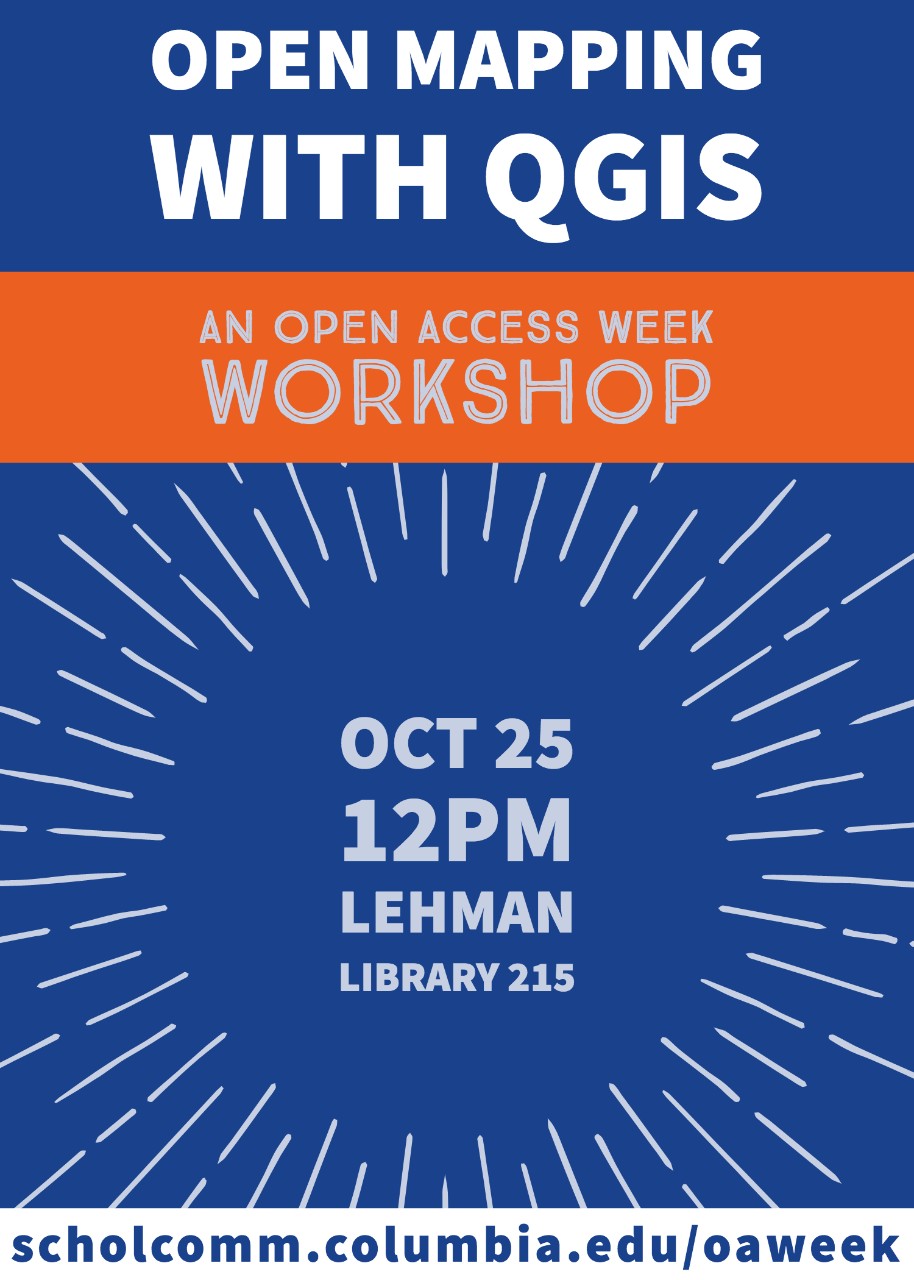
Hands-on introduction to Geographic Information Systems (GIS) using the free and open-source QGIS platform. We will discuss spatial data models, spatial analysis, working with projections, finding your own data and making maps. A limited number of computer terminals are available in the lab, attendees may choose bring their own laptop with QGIS installed (https://qgis.org/en/site/).
Register at https://events.columbia.edu/go/QGIS
